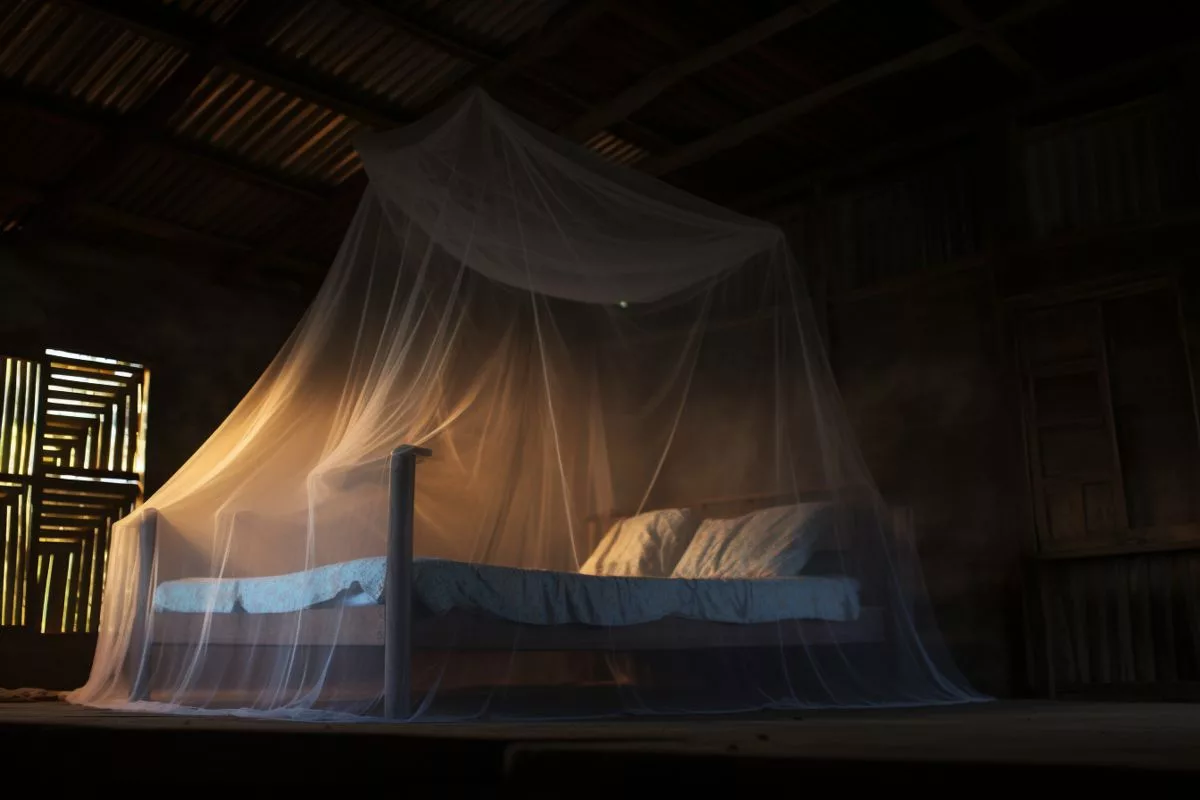The Breede-Olifants Catchment Management Agency (BOCMA) and the Department of Water and Sanitation (DWS) have launched an enforcement campaign in Klein Karoo to address illegal water use and ensure adherence to the National Water Act. The Blue Scorpion Inspectorate, consisting of BOCMA and DWS personnel, is conducting inspections to catch wrongdoers and promote responsible water usage. The campaign highlights the significance of water conservation and the role of government agencies in preserving natural resources for sustainable future generations.
How is the Breede-Olifants Catchment Management Agency addressing illegal water use in Klein Karoo?
The Breede-Olifants Catchment Management Agency (BOCMA) and the Department of Water and Sanitation (DWS) have launched a compliance and enforcement campaign in Klein Karoo to tackle allegations of illegal water use and ensure adherence to the National Water Act. The Blue Scorpion Inspectorate, consisting of BOCMA and DWS personnel, has initiated the week-long operation to deter unlawful water activities further. The inspections aim not only to catch wrongdoers but also to inform and foster responsible water usage, promoting a culture of obedience and ecological guardianship among South African residents.
Addressing Illegal Water Use in Klein Karoo
As the significance of water conservation and sustainable methods becomes more evident, the Breede-Olifants Catchment Management Agency (BOCMA) and the Department of Water and Sanitation (DWS) are taking proactive measures. They have initiated a compliance and enforcement campaign in the Klein Karoo region to confront allegations of illegal water use and guarantee adherence to the National Water Act. This crucial action is essential for preserving South Africa’s valuable water resources.
The Blue Scorpion Inspectorate, consisting of BOCMA and DWS personnel, commenced their week-long operation on November 6, 2023. This campaign is a continuation of enforcement actions initiated in November 2021, aiming to deter unlawful water activities further. The region has been subject to various accusations of unauthorized water usage, such as river diversions, illicit abstractions, and unapproved construction or enlargement of dams. A team of inspectors will evaluate properties like farms in Oudtshoorn and nearby areas to ensure conformity with the National Water Act 36 of 1998.
Noluthando Ndlumbini, Compliance and Enforcement Manager, has detailed several essential evaluations to be carried out during the operation. These involve confirming the presence of water meters, comparing water consumption with the National Water Act’s regulations, and reviewing the advancement of properties in remedial efforts initiated in 2021. The inspections aim not only to catch wrongdoers but also to inform and foster responsible water usage, promoting a culture of obedience and ecological guardianship among South African residents.
Government’s Stance and Public Cooperation
The government’s position on illicit water activities is unambiguous. Ndlumbini asserts that they have adopted a zero-tolerance policy, working towards assisting all water users in complying with the National Water Act. Nonetheless, when individuals blatantly disregard the rules, authorities will not hesitate to take criminal action. The primary goal is to safeguard South Africa’s water resources and guarantee a sustainable future for all.
Although enforcing compliance may appear overwhelming, BOCMA and DWS’s endeavors have been met with collaboration from property owners. Many have welcomed the assessment teams with open arms, recognizing the importance of responsible water usage and its role in preserving the environment. Ndlumbini expresses appreciation to those who have supported the campaign, recognizing that their actions contribute to the overall success of the enforcement operation.
The BOCMA and DWS enforcement campaign serves as a reminder of the vital role water conservation plays in our world today. It exemplifies government agencies collaborating to address urgent environmental issues and ensure a sustainable future for generations to come. By directly confronting illegal water activities, the authorities are not only upholding the law but also cultivating a culture of accountability and environmental stewardship.
Collaboration and Global Inspiration
The partnership between BOCMA and DWS highlights the effectiveness of collaboration in tackling complex challenges. It demonstrates the potential for government agencies to effect meaningful change when working together towards a shared objective. The enforcement campaign is an exemplary proactive and well-coordinated endeavor, motivated by a joint commitment to protect and preserve natural resources.
As the enforcement campaign progresses, it conveys a clear message to South Africans and the global community: water is a precious resource, and everyone plays a part in preserving it for future generations. Through cooperative efforts, education, and enforcement, the BOCMA and DWS aim to foster a culture of responsible water use in South Africa, ensuring that the nation’s water resources remain protected and sustainable for years to come.
The BOCMA and DWS enforcement campaign serves as a source of inspiration for other countries and agencies to emulate. Addressing illegal water activities is a worldwide concern, and initiatives like this one lay the groundwork for collective action in battling the problem. By learning from each other’s accomplishments and challenges, governments and organizations can collaborate to tackle water scarcity and promote sustainable practices, ensuring a brighter future for our planet and all its inhabitants.
1. What is the Breede-Olifants Catchment Management Agency doing to address illegal water use in Klein Karoo?
The Breede-Olifants Catchment Management Agency (BOCMA) and the Department of Water and Sanitation (DWS) have launched a compliance and enforcement campaign in Klein Karoo to tackle allegations of illegal water use and ensure adherence to the National Water Act. The Blue Scorpion Inspectorate, consisting of BOCMA and DWS personnel, has initiated the week-long operation to deter unlawful water activities further.
2. What is the Blue Scorpion Inspectorate?
The Blue Scorpion Inspectorate is a team of BOCMA and DWS personnel tasked with conducting inspections to address illegal water use and promote responsible water usage. They are conducting inspections in Klein Karoo to catch wrongdoers and inform residents about the significance of water conservation.
3. What is the goal of the enforcement campaign?
The primary goal of the enforcement campaign is to address illegal water use and ensure adherence to the National Water Act. This is crucial for preserving South Africa’s valuable water resources and promoting a culture of responsible water usage among South African residents.
4. What are some examples of illegal water use in the Klein Karoo region?
The region has been subject to various accusations of unauthorized water usage, such as river diversions, illicit abstractions, and unapproved construction or enlargement of dams.
5. What essential evaluations will be carried out during the operation?
During the operation, inspectors will evaluate properties like farms in Oudtshoorn and nearby areas to ensure conformity with the National Water Act 36 of 1998. Essential evaluations include confirming the presence of water meters, comparing water consumption with regulations, and reviewing the advancement of properties in remedial efforts initiated in 2021.
6. What is the government’s stance on illegal water activities?
The government has adopted a zero-tolerance policy towards illegal water activities and is working towards assisting all water users in complying with the National Water Act. Authorities will take criminal action against those who blatantly disregard the rules.
7. How has the enforcement campaign been received by property owners?
Many property owners have welcomed the assessment teams with open arms, recognizing the importance of responsible water usage and its role in preserving the environment. Their cooperation contributes to the overall success of the enforcement operation.
8. What message does the enforcement campaign convey to the global community?
The campaign conveys a clear message to the global community that water is a precious resource, and everyone plays a part in preserving it for future generations. By addressing illegal water activities, the authorities are not only upholding the law but also cultivating a culture of accountability and environmental stewardship. The partnership between BOCMA and DWS demonstrates the potential for government agencies to effect meaningful change when working together towards a shared objective.








